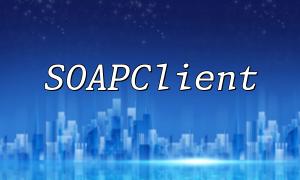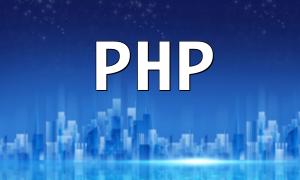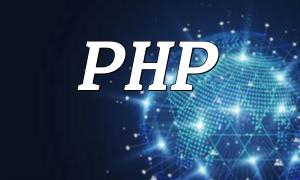Coding standards are essential skills for every programmer. They not only promote effective collaboration among team members but also significantly improve code quality and reduce maintenance difficulty. In PHP development, adhering to consistent coding standards is particularly important to maintain uniform code style and enhance readability and maintainability.
PHP files should consistently use the .php extension. File names are recommended to be lowercase with underscores, for example, my_file.php, to improve clarity and consistency.
Code indentation should use either four spaces or tabs, but mixing both is discouraged to keep code formatting clean and consistent.
Variable names should use lowercase letters and underscores, with descriptive names that clarify their purpose. For example, $user_name.
Function and method names should follow the lowercase with underscores style and clearly describe their functionality, e.g., get_user_name().
Constants should be named in all uppercase letters with underscores separating words, to distinguish them clearly from variables. For example, MAX_VALUE.
A space should follow commas, and when breaking lines after commas, the new line should be properly indented, as shown below:
$var = function($arg1, $arg2,
$arg3) {
// code here
}
Comments should clearly explain the logic, parameters, and return values of the code. English is recommended, following natural language grammar and punctuation for better clarity.
In PHP, the use of exception handling is recommended to catch errors and ensure program robustness. Example:
try {
// code here
} catch (Exception $e) {
// handle exception
}
Global variables increase code coupling and reduce predictability. It鈥檚 better to use dependency injection or other methods to pass parameters instead of relying on globals.
Namespaces help organize code and prevent naming conflicts. Assign appropriate namespaces to each class or module.
The eval() function executes string code and poses security risks; its use should be avoided whenever possible.
Automated code formatting tools, such as PHP_CodeSniffer, are recommended to keep coding styles consistent and standardized.
Magic methods can increase code complexity and maintenance challenges, so avoiding them improves readability and stability.
Adhering to coding standards not only improves code readability and maintainability but also enhances team collaboration. Consistent standards make code easier to understand, reduce communication costs, and lower the chance of errors, contributing to high-quality software development.
Coding standards are an indispensable part of daily programming work. By following PHP coding standards, we achieve uniform code style, improved code quality, and reduced maintenance efforts. The file naming, indentation, naming conventions, and other practices introduced here aim to help developers build good habits and lay a solid foundation for their programming careers.









